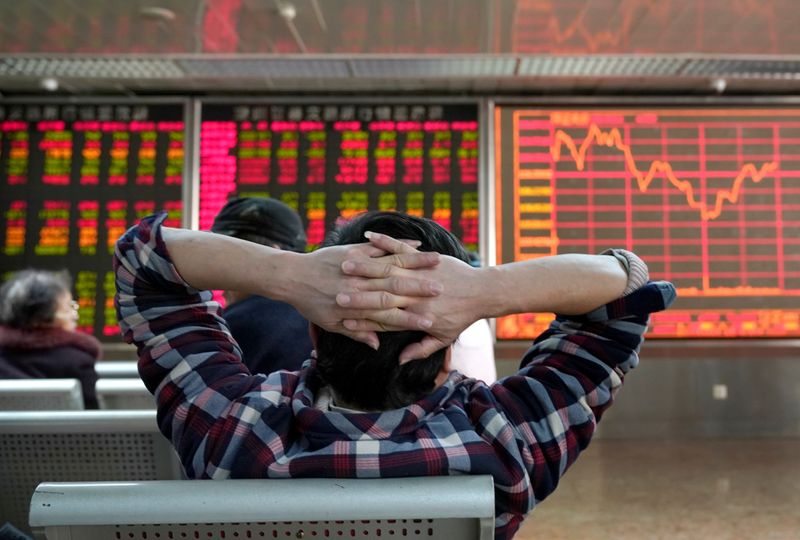This post was originally published on this site

Liu reinforced the urgency to weed out bad companies from the stock market at a meeting of the State Council on Saturday, heralding a change in approach for the regulator, which had only delisted 110 companies between 2001 and 2018.
China has introduced a U.S.-style system to make listing easier for Shenzhen’s start-up board ChiNext. The system was first adopted by Shanghai’s tech-focused STAR Market.
“If you widen the entrance, you need to widen the exit too,” said Tang Zhehui, partner of accounting firm EY, commenting on the need to streamline delisting too.
The change should also improve China’s investment culture, as in the past speculators would buy up moribund listed companies in the expectation that they would be saved by white knights and never be delisted, he added.
Among the 26 companies that Refinitiv data shows are in the process of being delisted are former high performers like Leshi (SZ:300104), an Internet information service business, as well as some fraudulent ones.
“Some listed companies deteriorate due to changes in economic environment or mismanagement,” said Zizheng Wang, Shanghai-based portfolio manager at UBS Asset Management.
“If you eliminate them, the market would evolve, and become healthier.”
Terence Lin, senior partner at Shanghai-based boutique investment bank TRSD Capital, said China’s regulator had been far less rigorous than its U.S. counterpart.
“In the U.S., if you forge books, or fail to submit filings, you will be kicked out. Rules are very tough,” Lin said.
“But in China, a lot of such companies remain listed, and many, many retail investors become victims.”
That could change, as Chinese regulators strengthen delisting rules.
In a major move targeting so-called “garbage” companies, the Shanghai Stock Exchange will remove “special treatment” (ST) shares from its stock benchmark next week. A stock is labeled “ST” after regulators flag that it was at risk of being delisted or involved “investment risks”.

